With 232 pages and an expanded 12″ by 12″ format, our biggest print issue yet celebrates the people, places, music, and art of our hometown, including cover features on David Lynch, Nipsey Hussle, Syd, and Phoebe Bridgers’ Saddest Factory Records, plus Brian Wilson, Cuco, Ty Segall, Lord Huron, Remi Wolf, The Doors, the art of RISK, Taz, Estevan Oriol, Kii Arens, and Edward Colver, and so much more.




Photo by Michael Muller. Image design by Gene Bresler at Catch Light Digital. Cobver design by Jerome Curchod.
Phoebe Bridgers makeup: Jenna Nelson (using Smashbox Cosmetics)
Phoebe Bridgers hair: Lauren Palmer-Smith
MUNA hair/makeup: Caitlin Wronski
The Los Angeles Issue
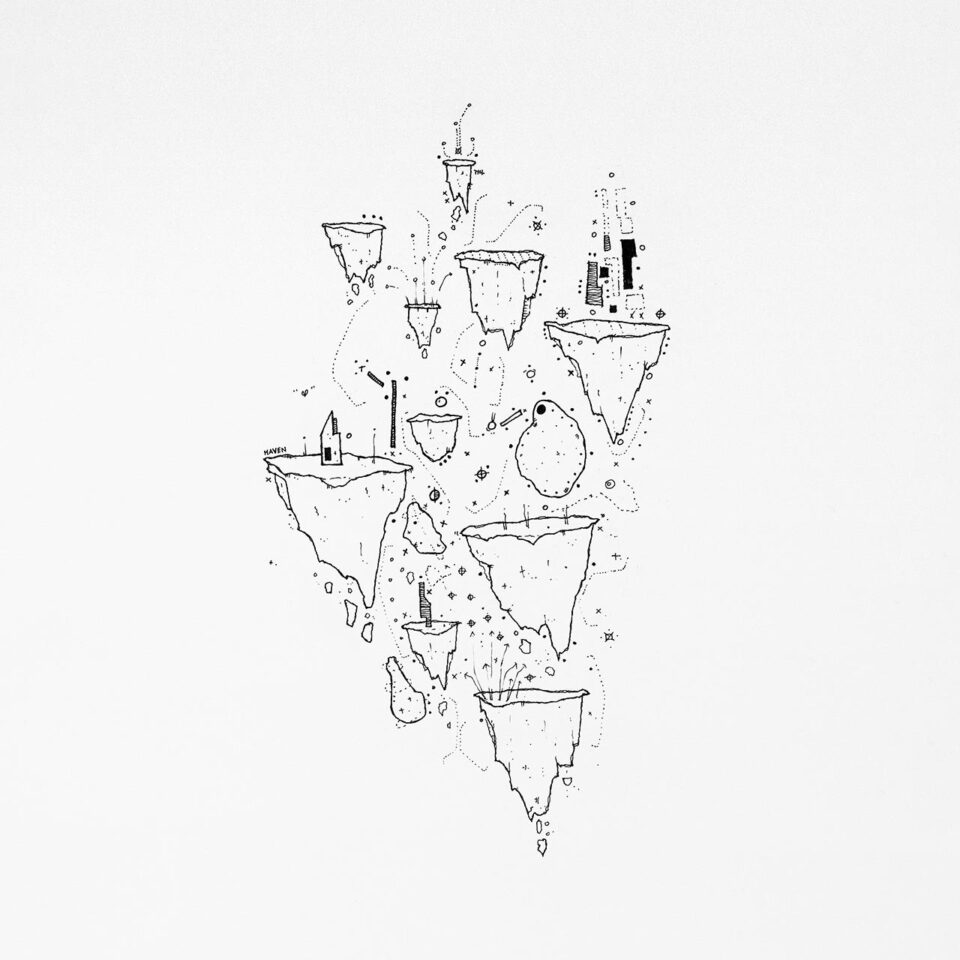
Ólafur Arnalds & Talos, A Dawning
This seamless collaboration fuses the Icelandic composer’s gentle, piano-based soundscapes with the late Irish artist’s poignant electronica and singular voice without ever feeling saccharine.
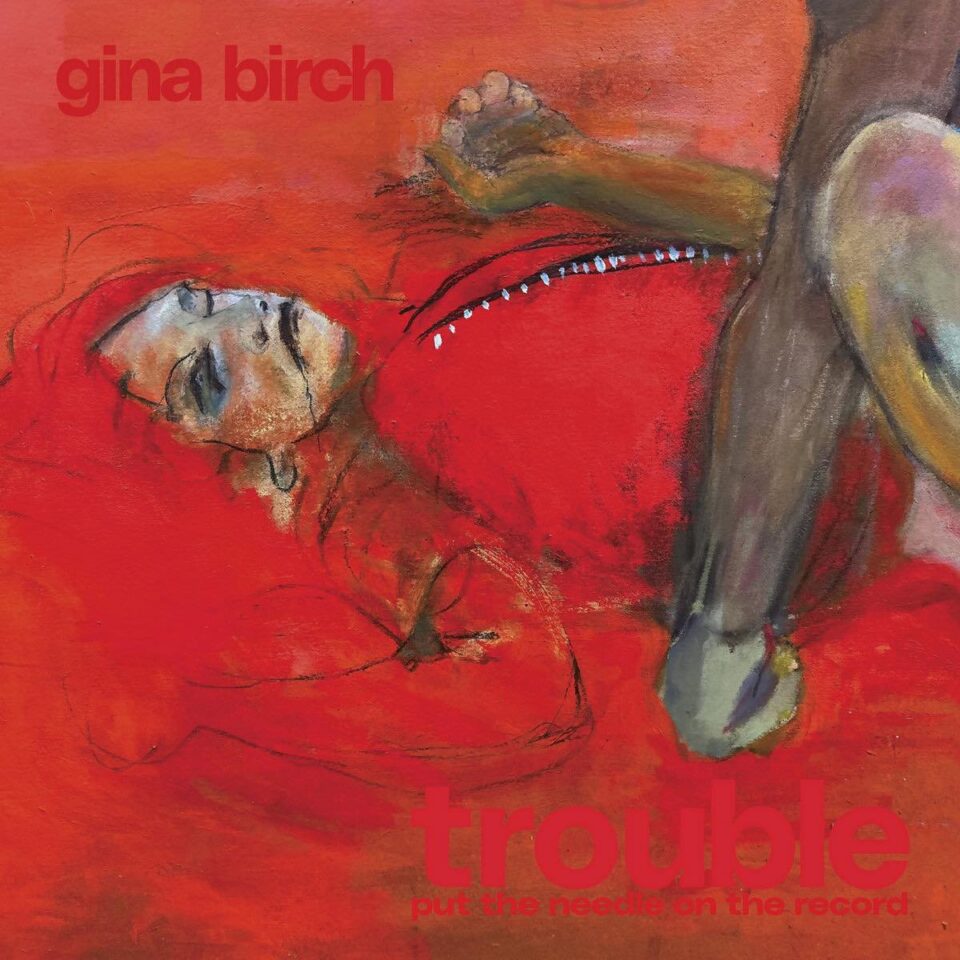
Gina Birch, Trouble
This second solo LP moves further into the Raincoats co-founder’s melodic mix of dub-rock, neo-jazz, skeletal R&B, and space-pop as she continues to eschew creature comforts.

Chat Pile, This Dungeon Earth/Remove Your Skin Please [Reissue]
This single-vinyl compendium welds together the two EP releases that preceded the OKC sludge-rockers’ formal introduction to the unwitting masses.
Margaret Farrell
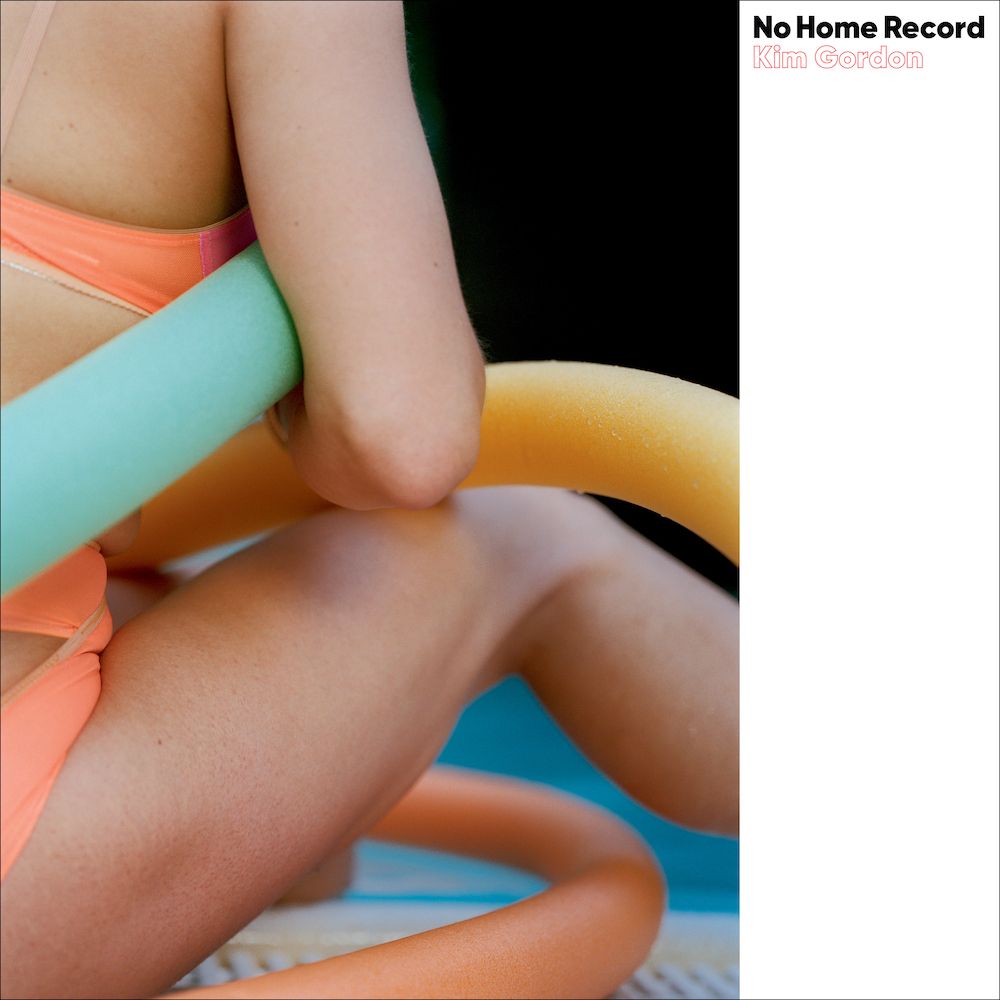
Kim’s dissatisfaction with and aggression toward toxic American capitalism are burned into this album.

“xx” is as melancholic as ever a decade after the London trio introduced themselves to the world.
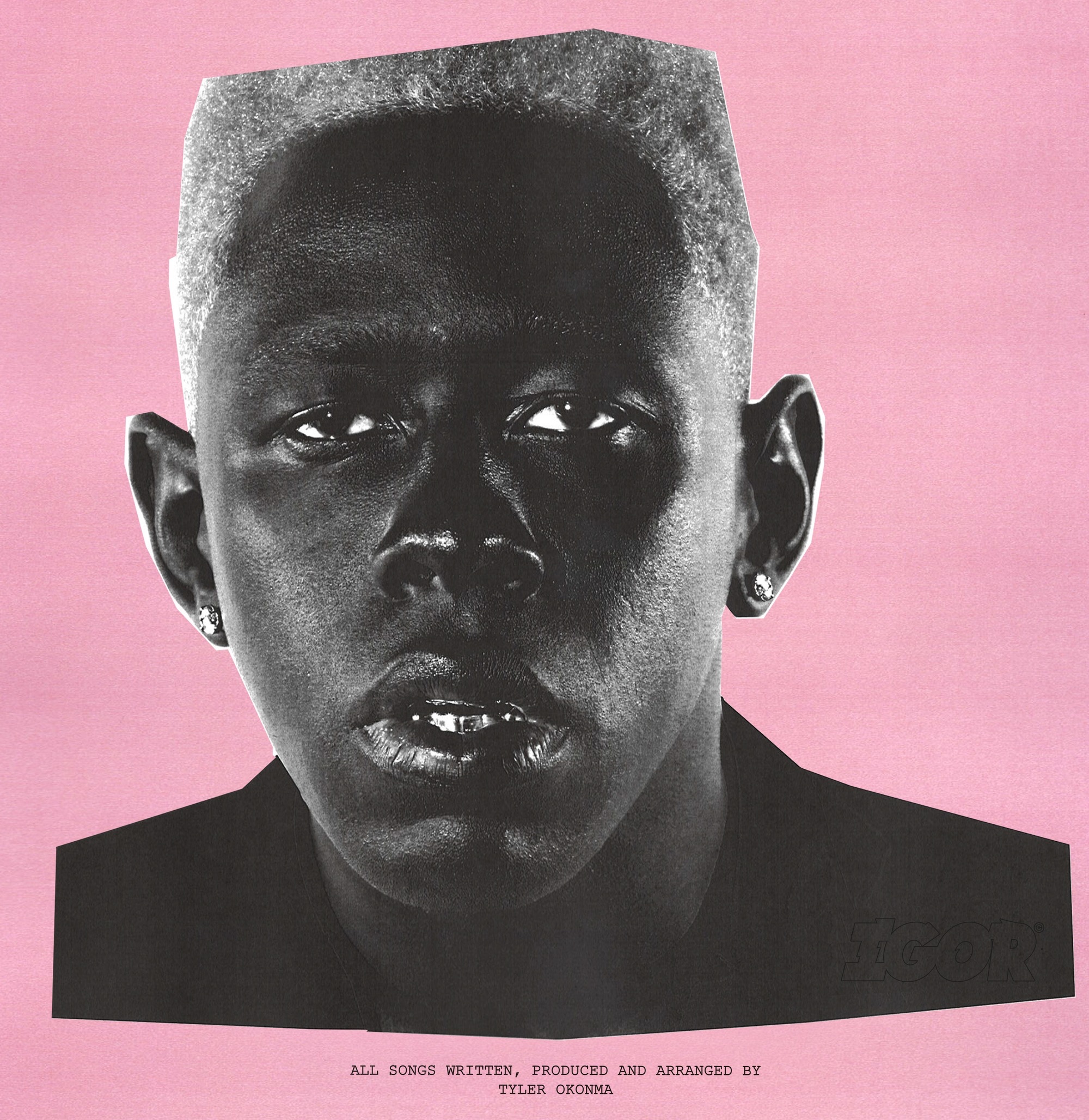
The heart of “IGOR” deals with lust and obsession—a spectrum of desire requiring listeners to think long and hard about the reality of a relationship.

The British singer-songwriter’s debut deals with mental health and coming to terms with the limits and manipulations of our wellness industry.
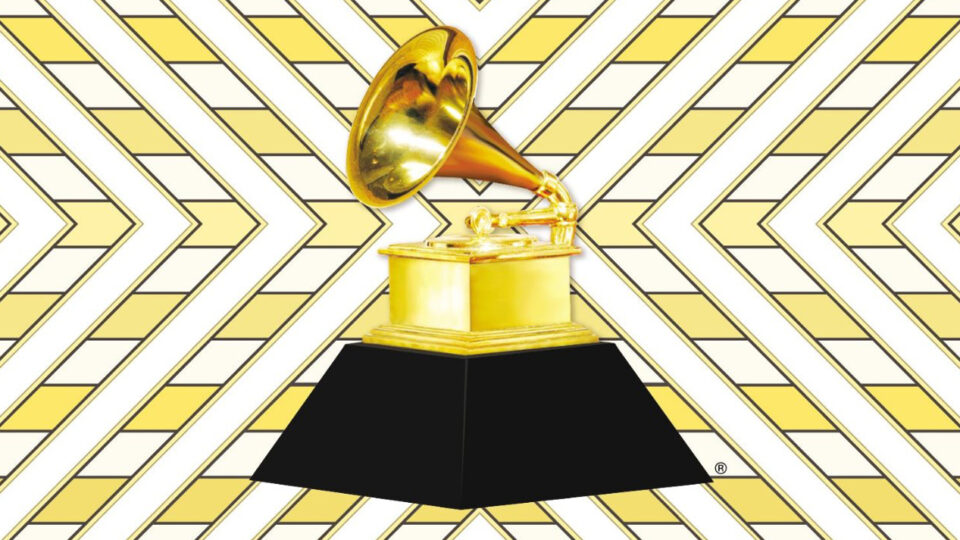
Grammy Nominations header
Although the pressure to be politically correct and proportionally progressive was strong, the live performances championed female talent and admiration.
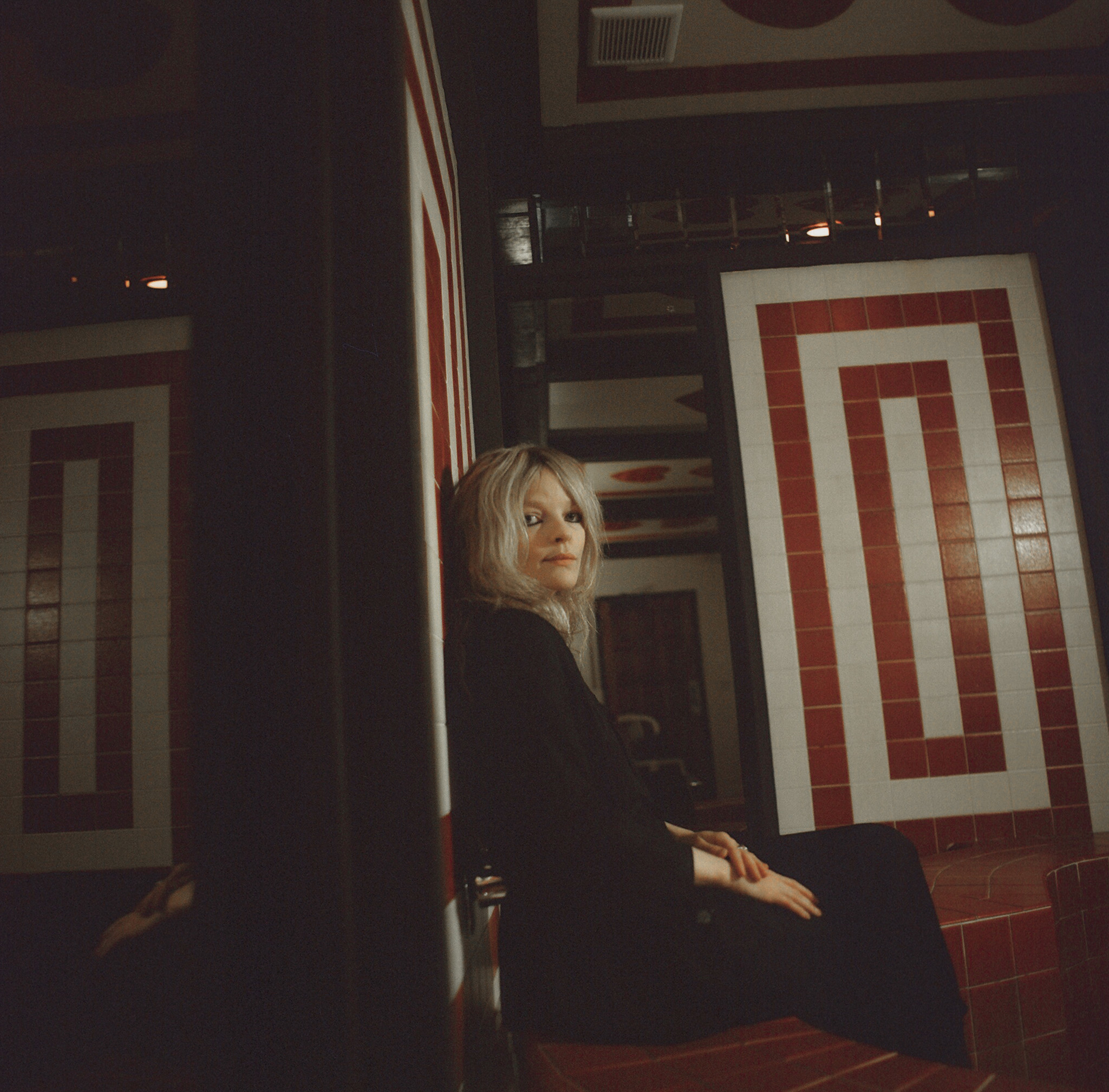
The singer-songwriter and LA native talks about her new album “Quiet Signs” and surviving on an emotional battlefield.
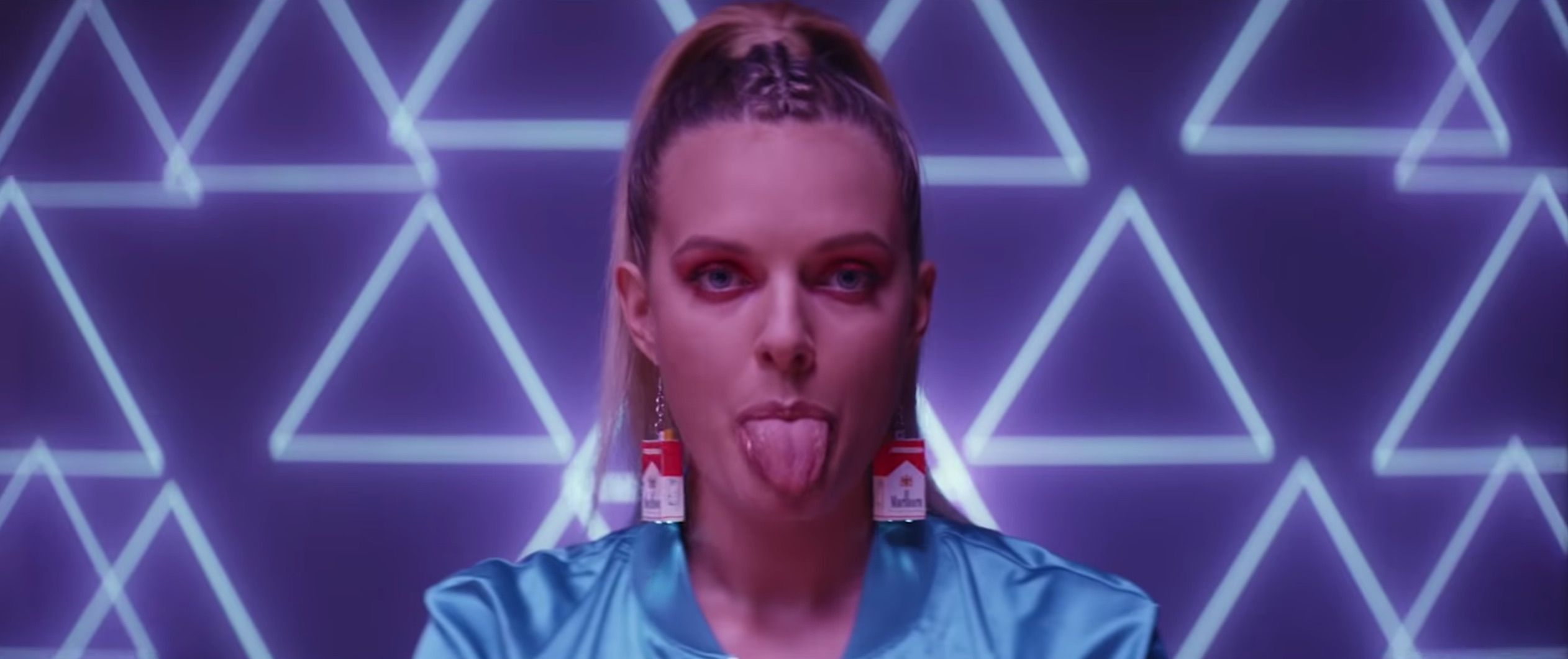
Women are using music to detail exactly how they want it (NSFW). We’ve compiled twelve of the best examples.
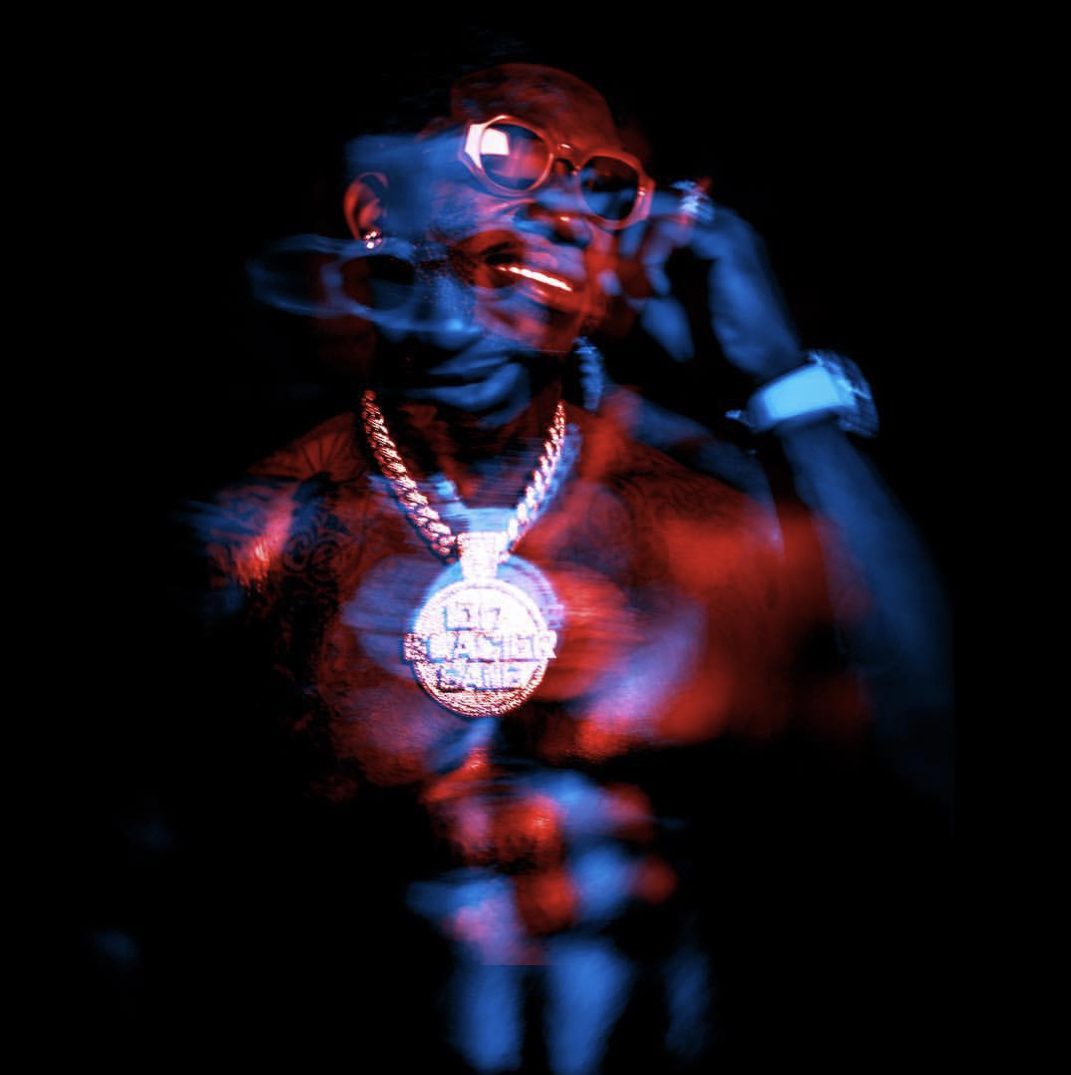
On “Evil Genius,” Gucci’s raps about his past are piled with repetitive tropes and uncreative imagery.
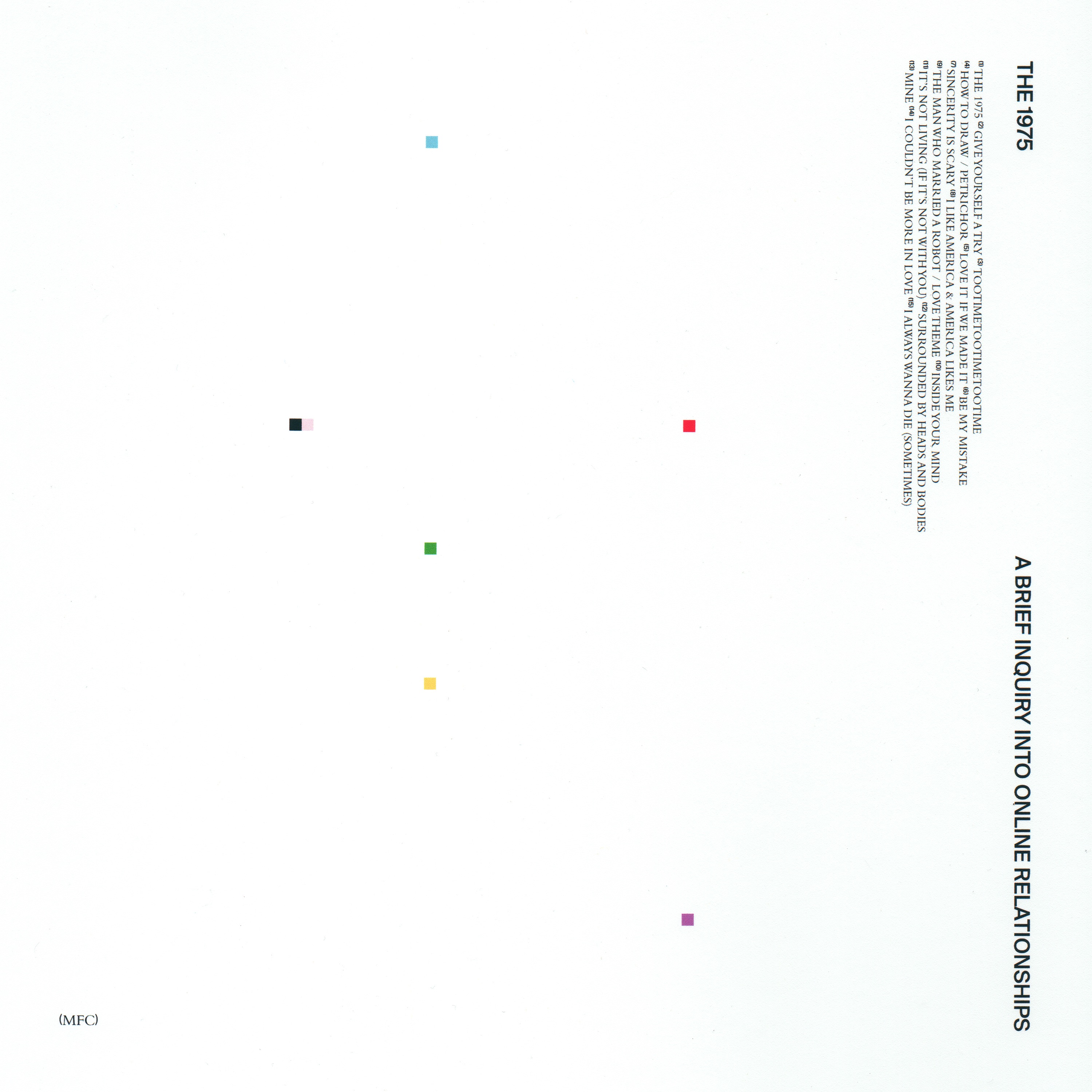
Finding a balance between joy and self-seriousness, this is the quartet’s finest and most decadent album to date.
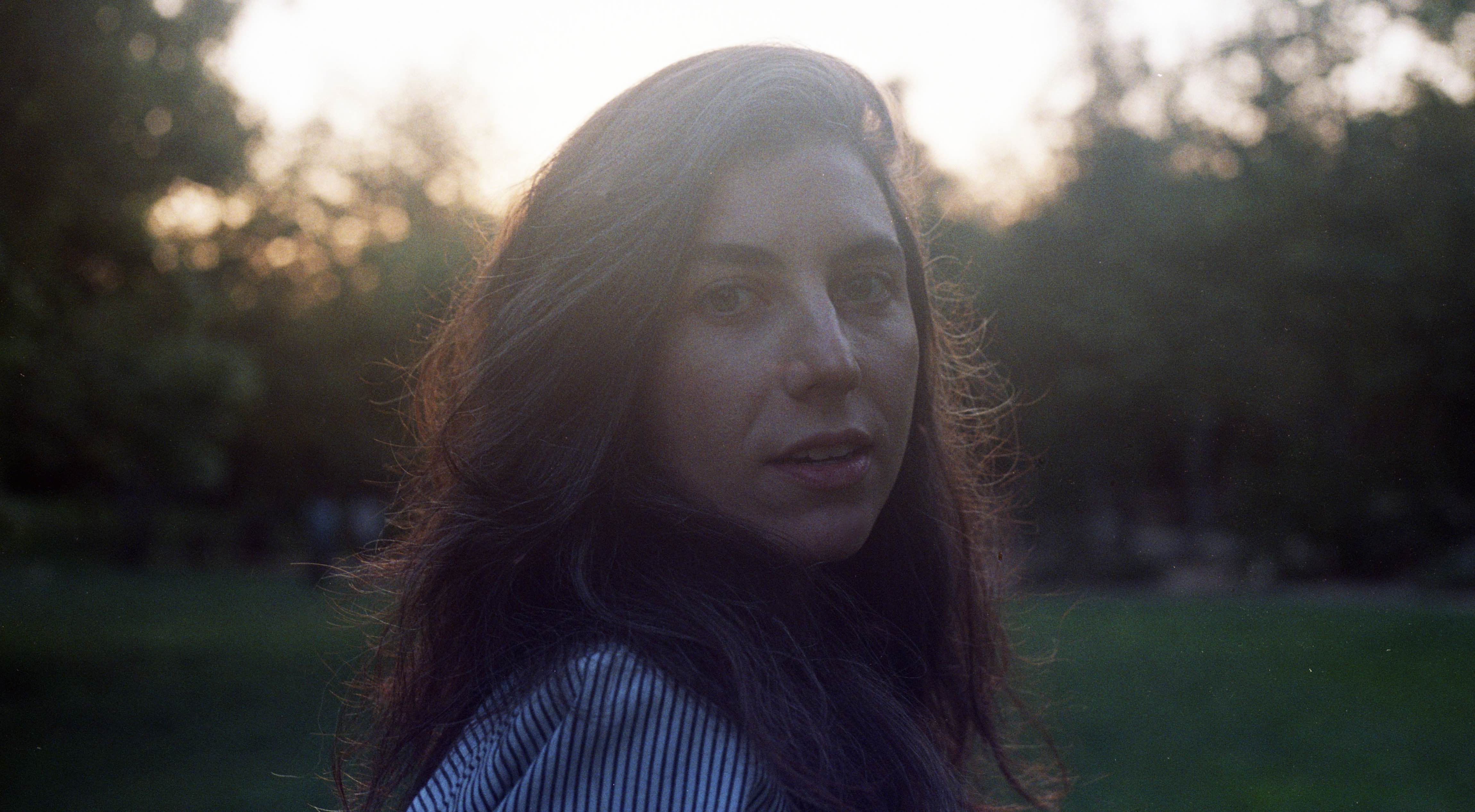
“Aviary” walks like a duck and talks like a duck, in album terms, anyway, but the more you pay attention, the less it fits in.
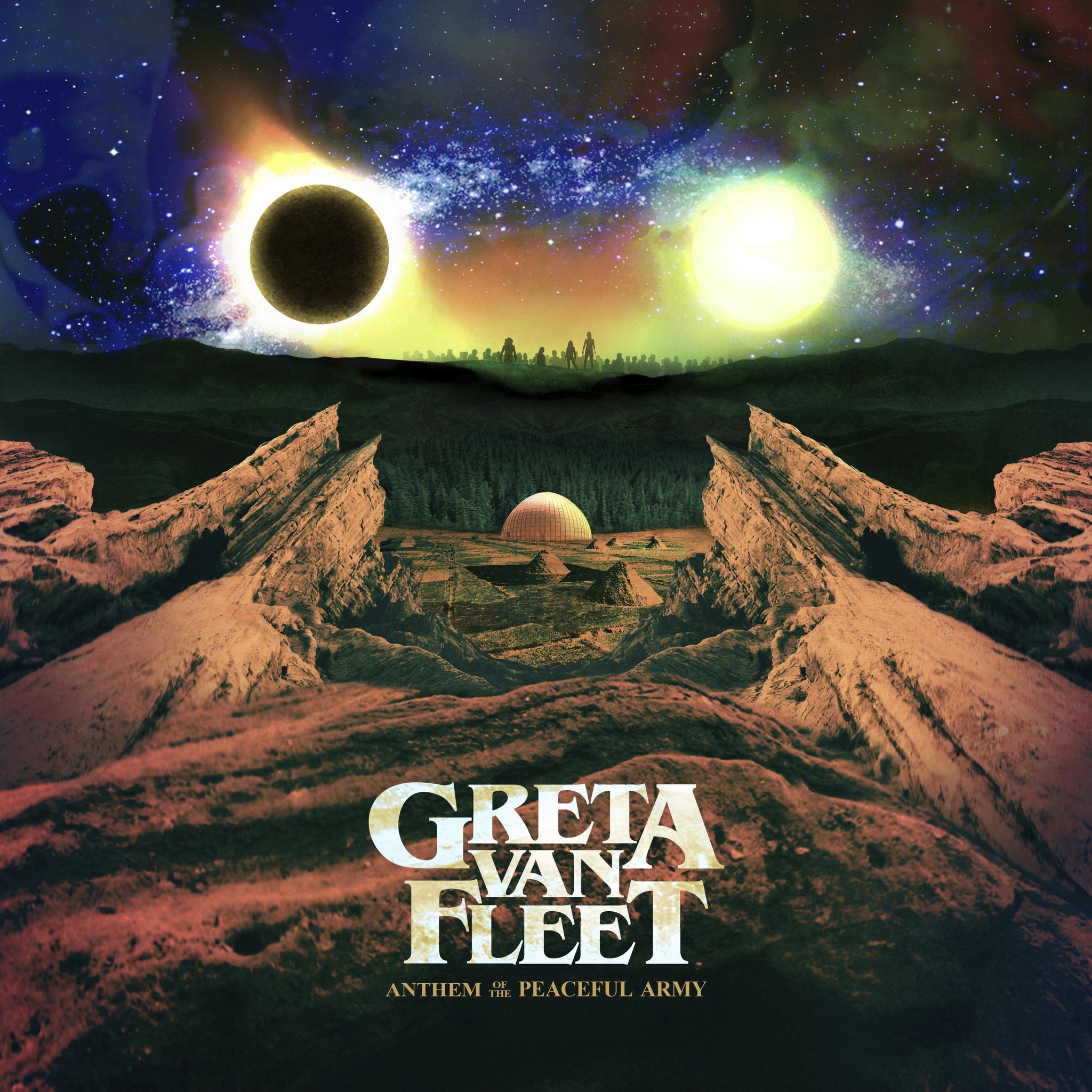
The music industry, like history, repeats itself, which is why Greta Van Fleet feels deceptively refreshing—at least to talk about.
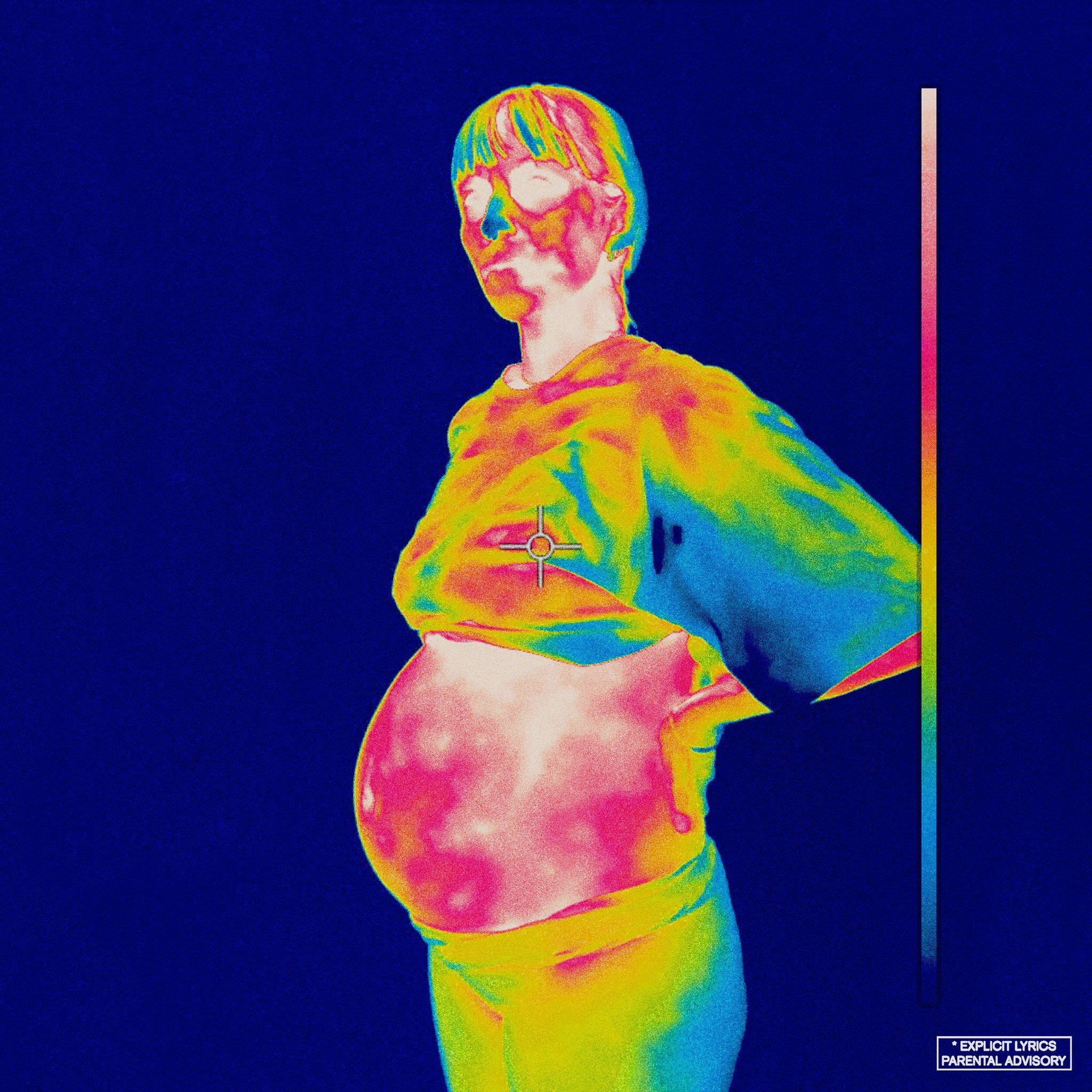
The American rap group—or boy band, if you ask them—have found the right balance of vulnerability and abrasive freneticism.
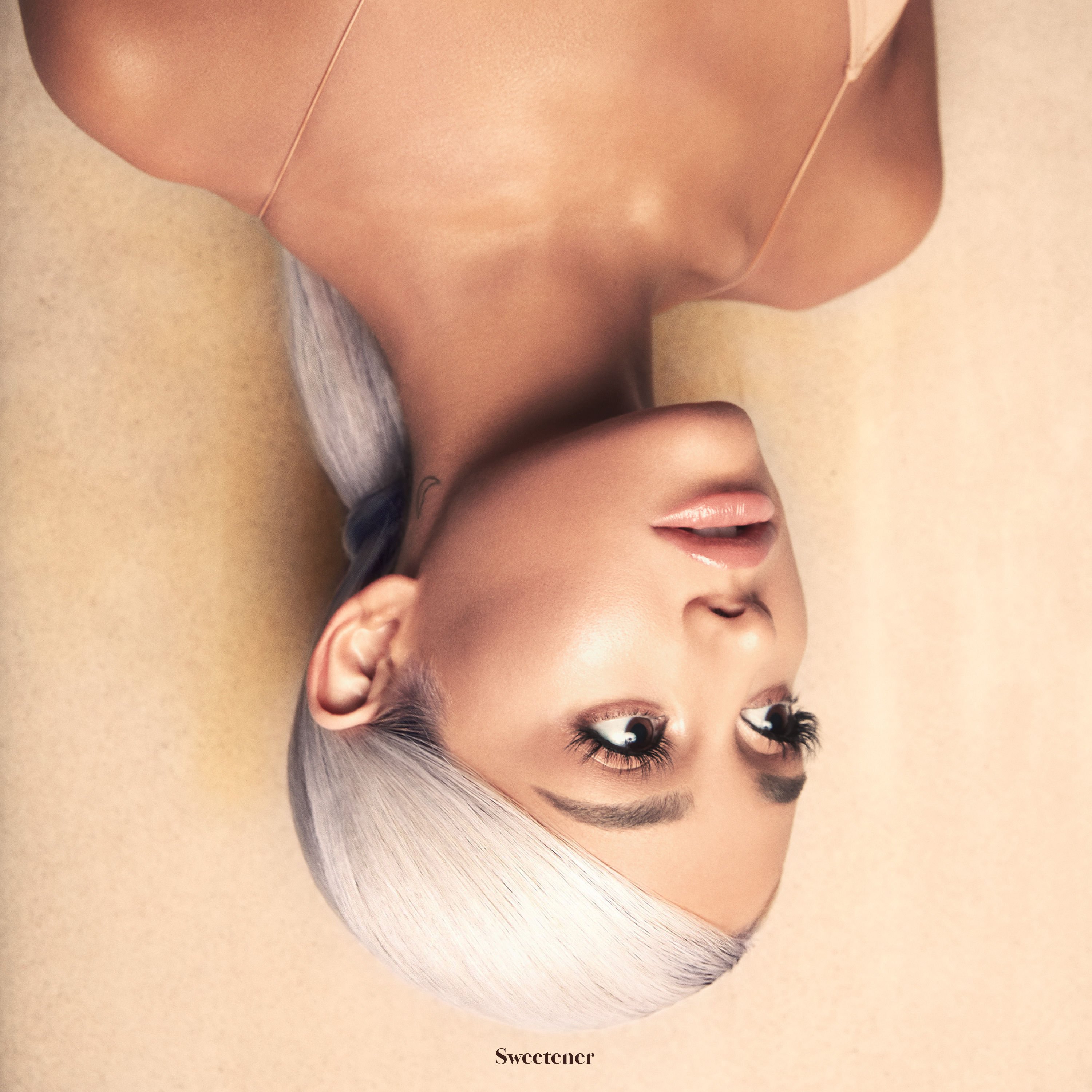
“Sweetener” is a pop remedy for anxiety, while also explicitly detailing its crippling nature.
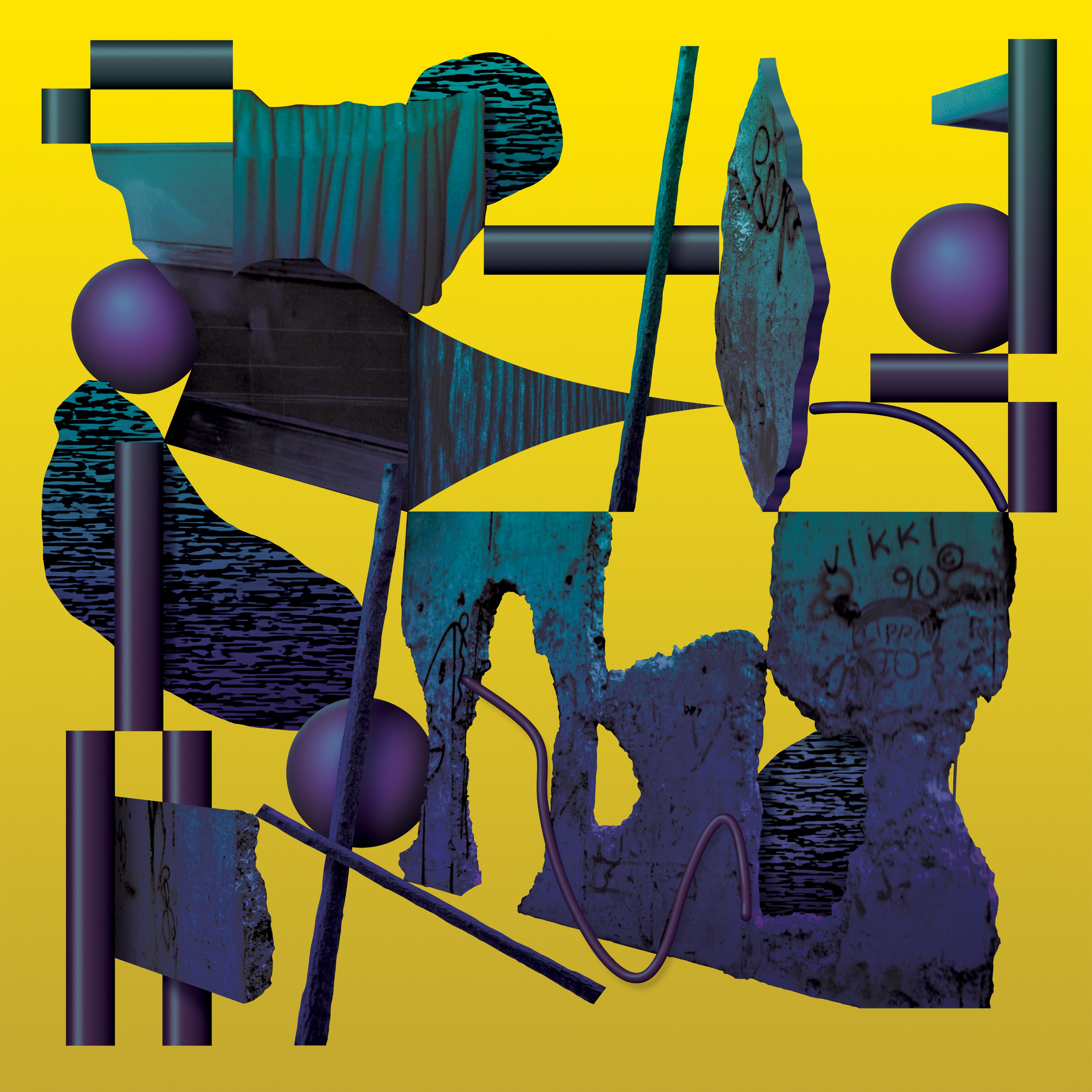
Ross from Friends’ debut indulges in humor and the minutiae of legacy, handling the details with care.
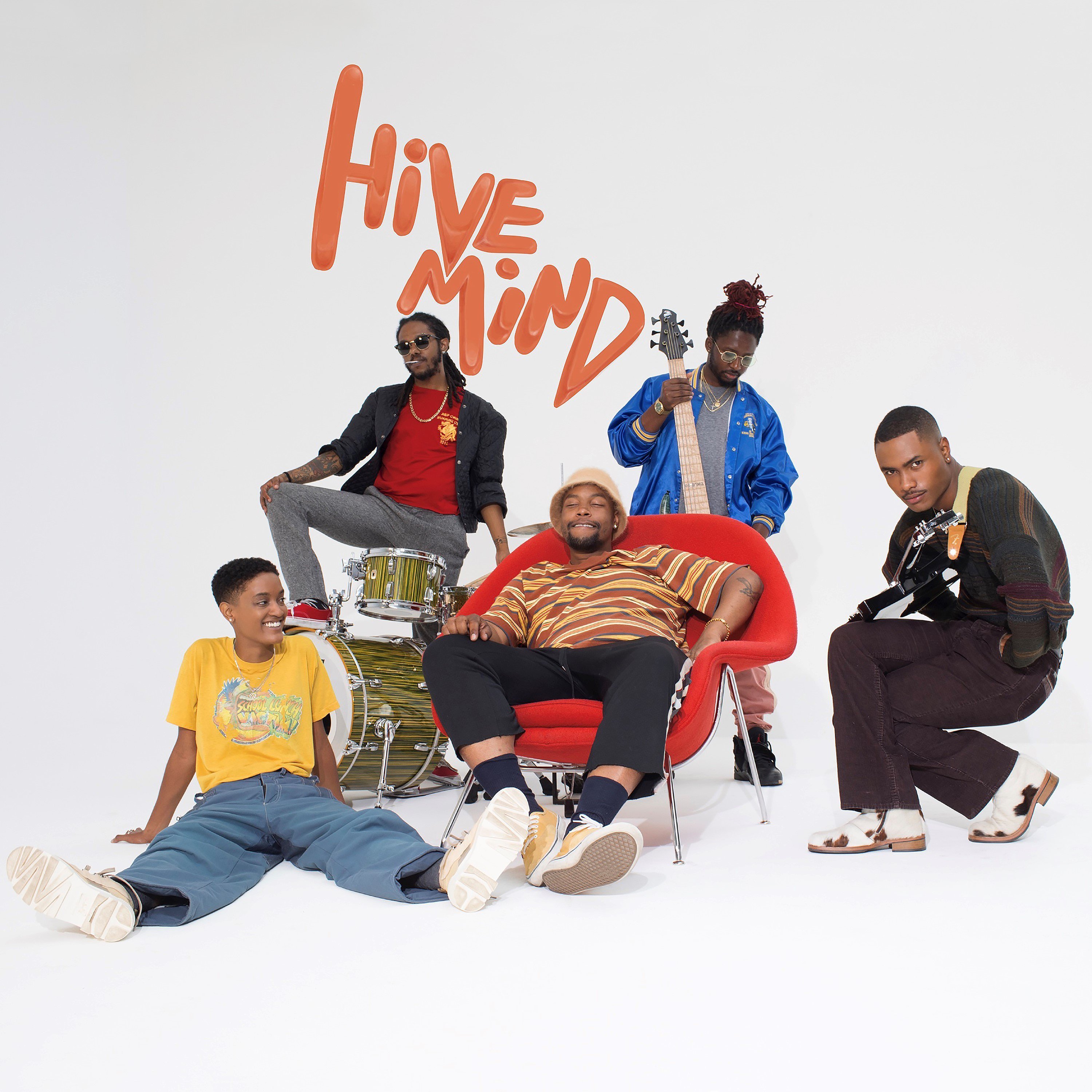
“Hive Mind” solidifies The Internet’s sound as a newly formed molecule, sharing skills and attributes like electrons in a covalent bond.
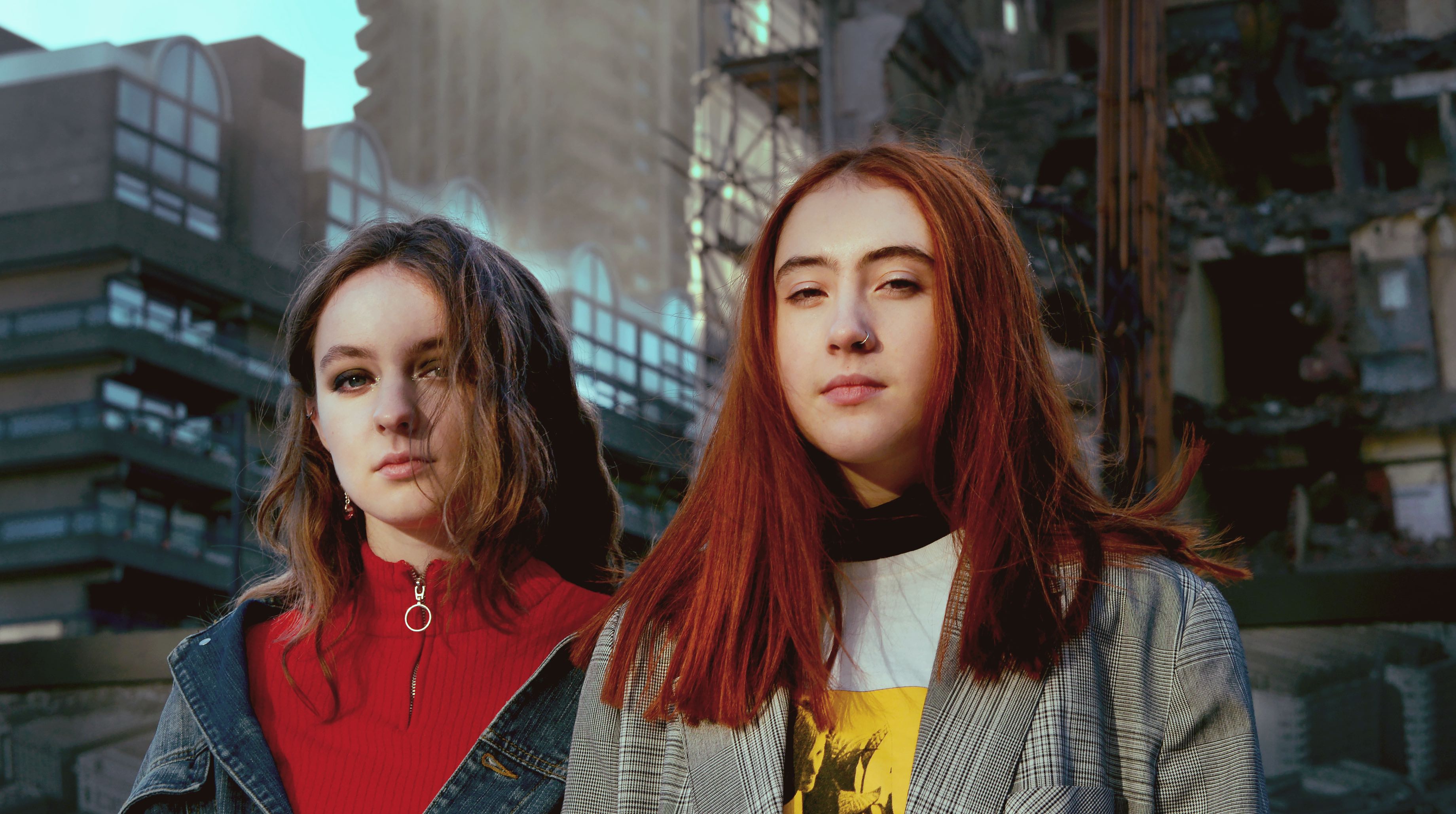
More playful than cannibalistic, Jenny Hollingworth and Rosa Walton want you to join them in the supermarket of their dreams.
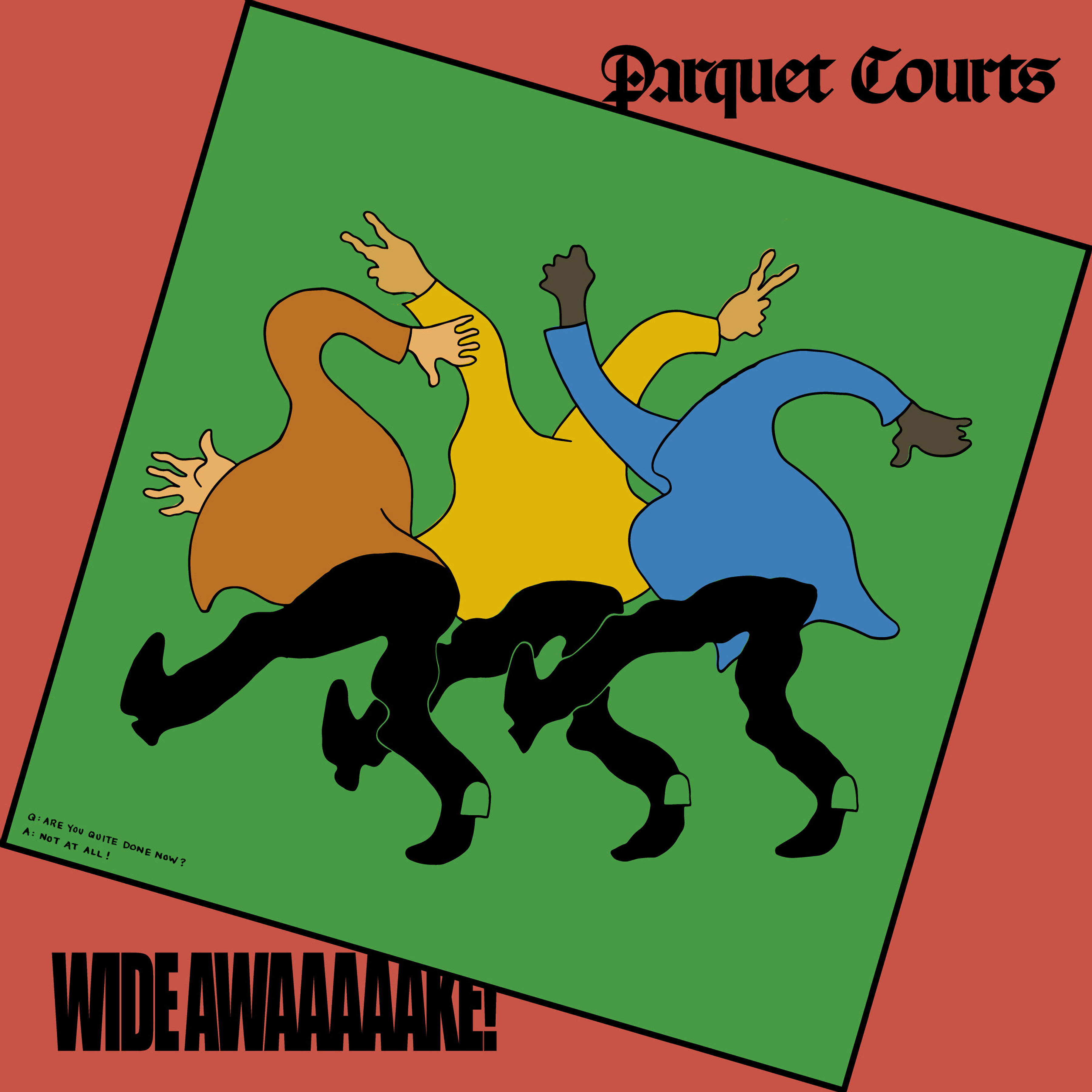
Parquet Courts are practicing a kind of self-care: the self-care of rebellion, of questioning, of not taking things at face value.
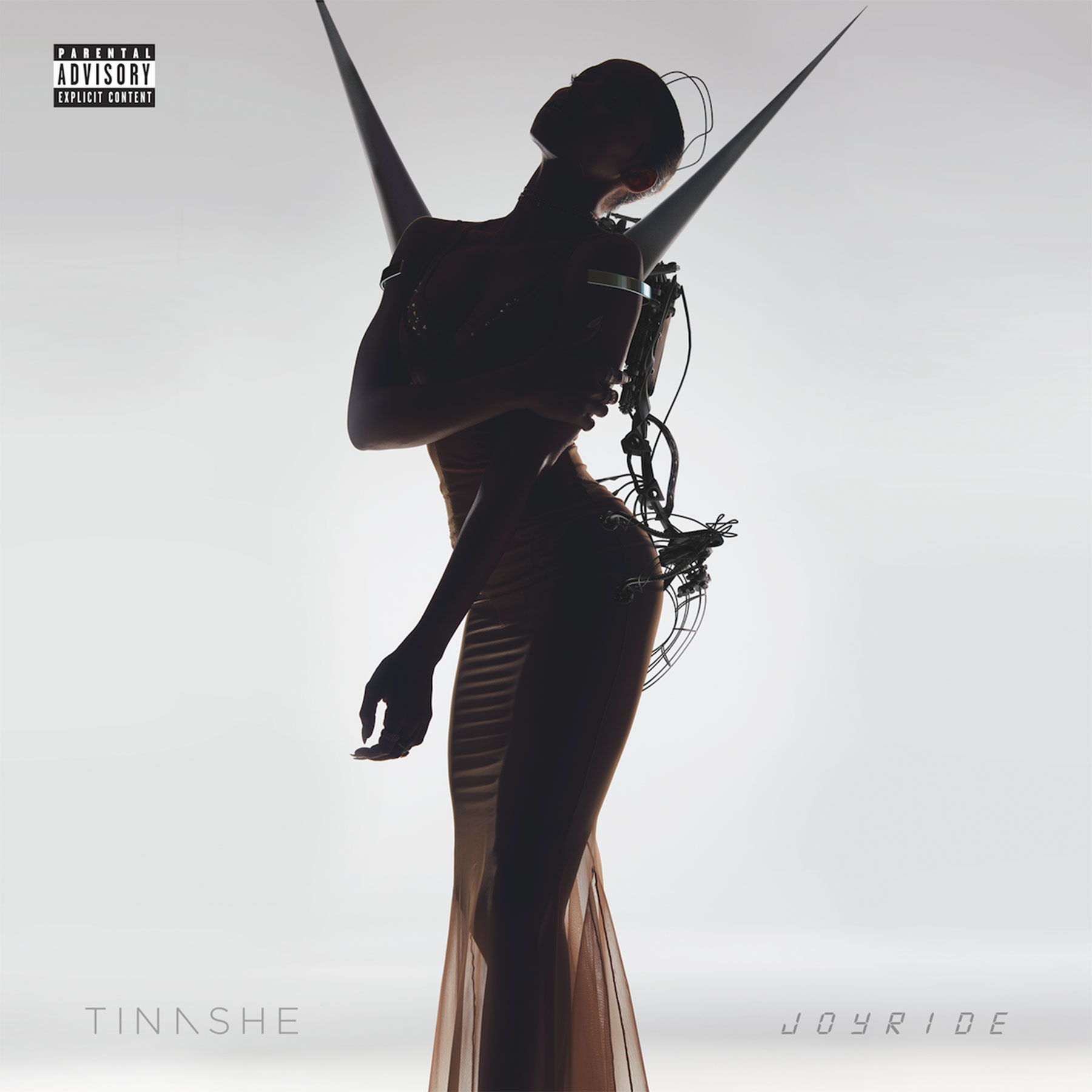
Tinashe is confident and proud, but at the end of thirty-six minutes there doesn’t seem to be a clear understanding of who she is.

A hodgepodge of contemplations on love at its best and worst.
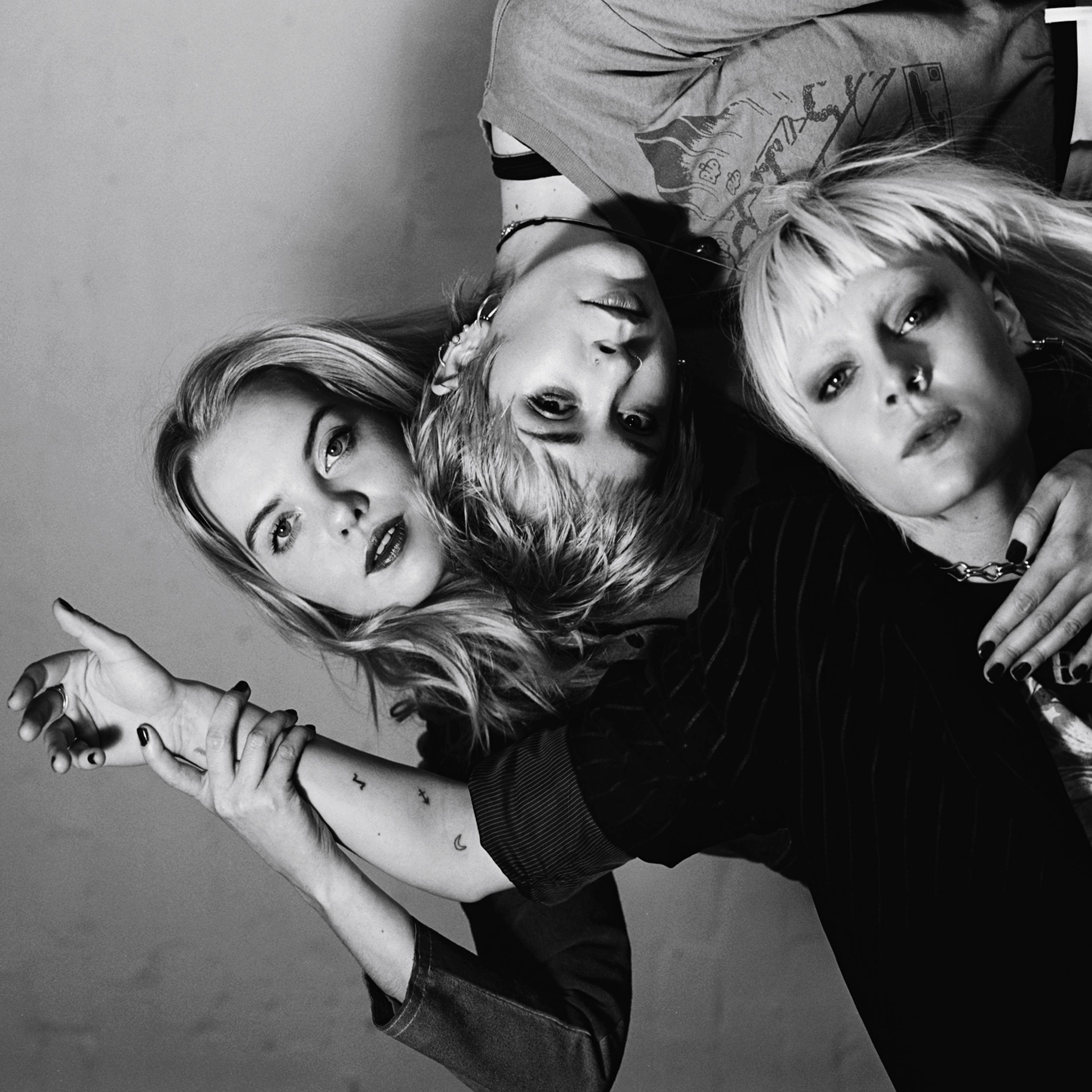
Over fortified vocal harmonies, punching rock drum beats, and growling guitars that ring like fire alarms, Dream Wife have conceived a pointed but fun debut.

